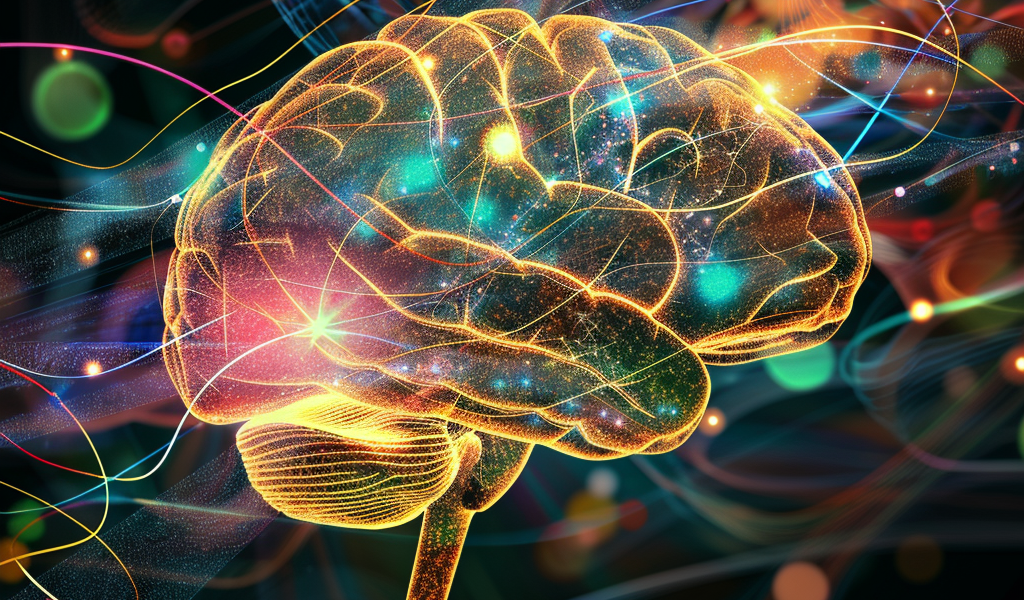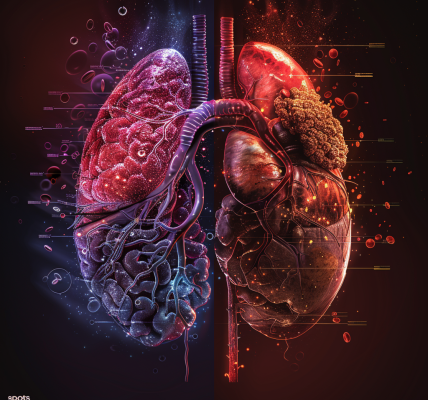Recent research published in Nature Communications sheds light on the intricate relationship between brain activity and reward-based decision-making, particularly focusing on the anterior cingulate cortex (ACC). This study, led by a team of researchers including Jiayang Xiao and Sameer A. Sheth, explores how the ACC mediates reward biases that can significantly influence behavior.
The findings are particularly relevant in the context of clinical depression, where a diminished capacity to respond to rewards is often observed. Understanding the mechanisms behind reward processing in the brain can provide insights into not only behavioral patterns but also potential therapeutic approaches for mental health disorders.
The study involved monitoring neural activity in patients undergoing intracranial procedures for epilepsy or major depressive disorder. By utilizing a biased judgment task, researchers were able to assess how beta oscillations (12–30 Hz) in the ACC correlate with reward anticipation and decision-making biases.
Results indicated that the beta oscillations in the ACC were predictive of both the anticipated reward and the degree of bias in decision-making. Moreover, these oscillations tracked the receipt of rewards, influencing biases in future choices. This suggests a dynamic role of the ACC in learning from rewards to inform adaptive behaviors.
Interestingly, the study also revealed that patients diagnosed with depression exhibited a reduced magnitude of reward bias. The diminished beta oscillation effects in these individuals point to a potential disruption in the brain’s reward processing pathways, which could explain the anhedonia often experienced in depressive states.
The implications of this research extend beyond understanding depression; they highlight the ACC’s potential as a biomarker for anhedonia and open avenues for developing interventions aimed at enhancing reward responsiveness. By targeting the mechanisms identified in this study, new therapeutic strategies could be designed to improve the quality of life for individuals struggling with depression and related disorders.
As the field of neuroscience continues to evolve, studies like this one are crucial for unraveling the complexities of the human brain and its impact on behavior. The integration of reward processing and executive control within the ACC underscores the importance of this brain region in shaping our choices and actions.
Future research will likely delve deeper into the specific neural circuits involved and how they can be manipulated to foster better outcomes for those with mood disorders. The potential for translating these findings into clinical practice could revolutionize the approach to treating depression, emphasizing the need for a nuanced understanding of the brain’s reward systems.
This study exemplifies the ongoing efforts to bridge the gap between neuroscience and practical applications in mental health. As researchers continue to explore the connections between brain activity, reward mechanisms, and behavior, we may be on the cusp of significant advancements in the treatment of depression and related conditions.





